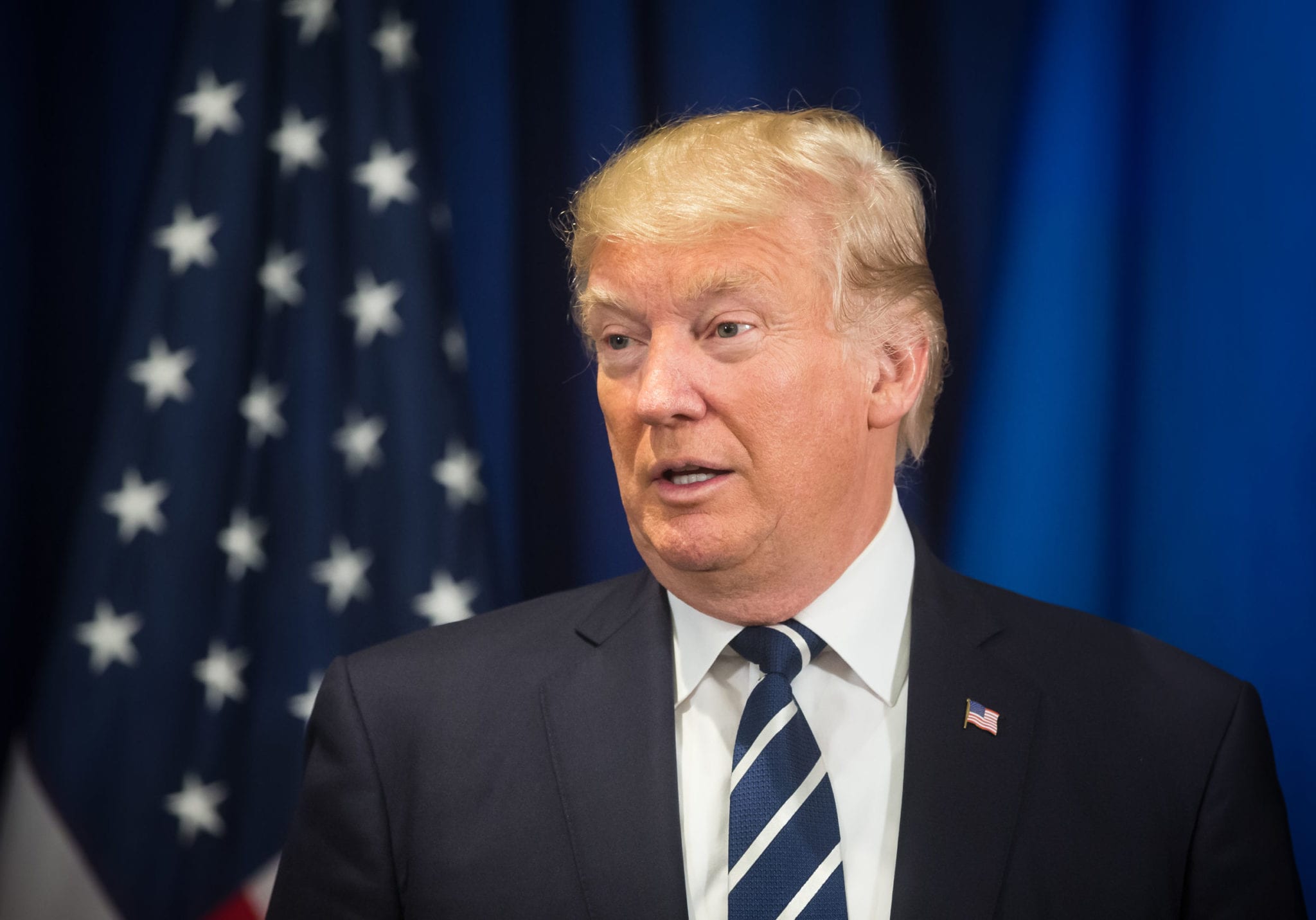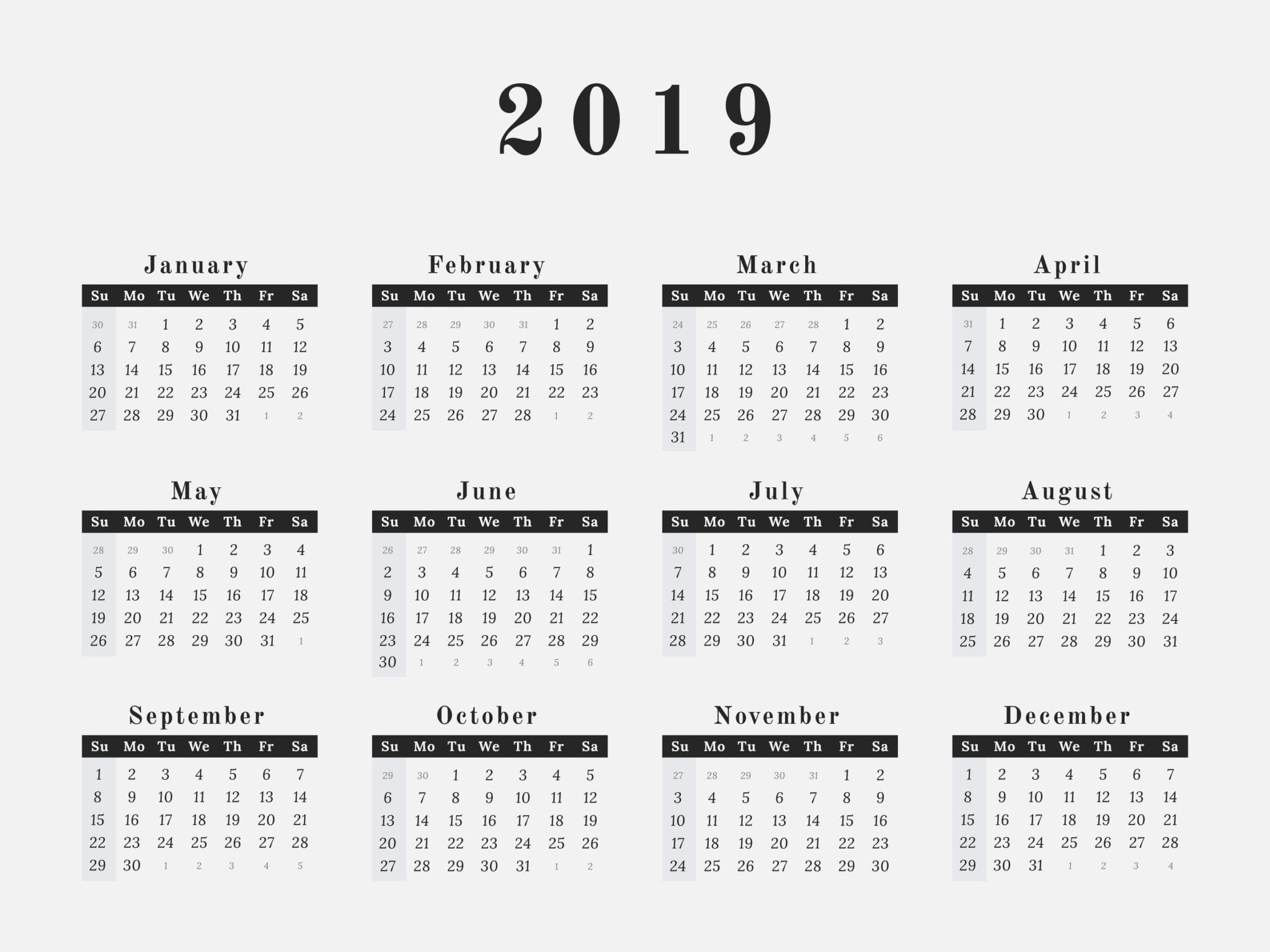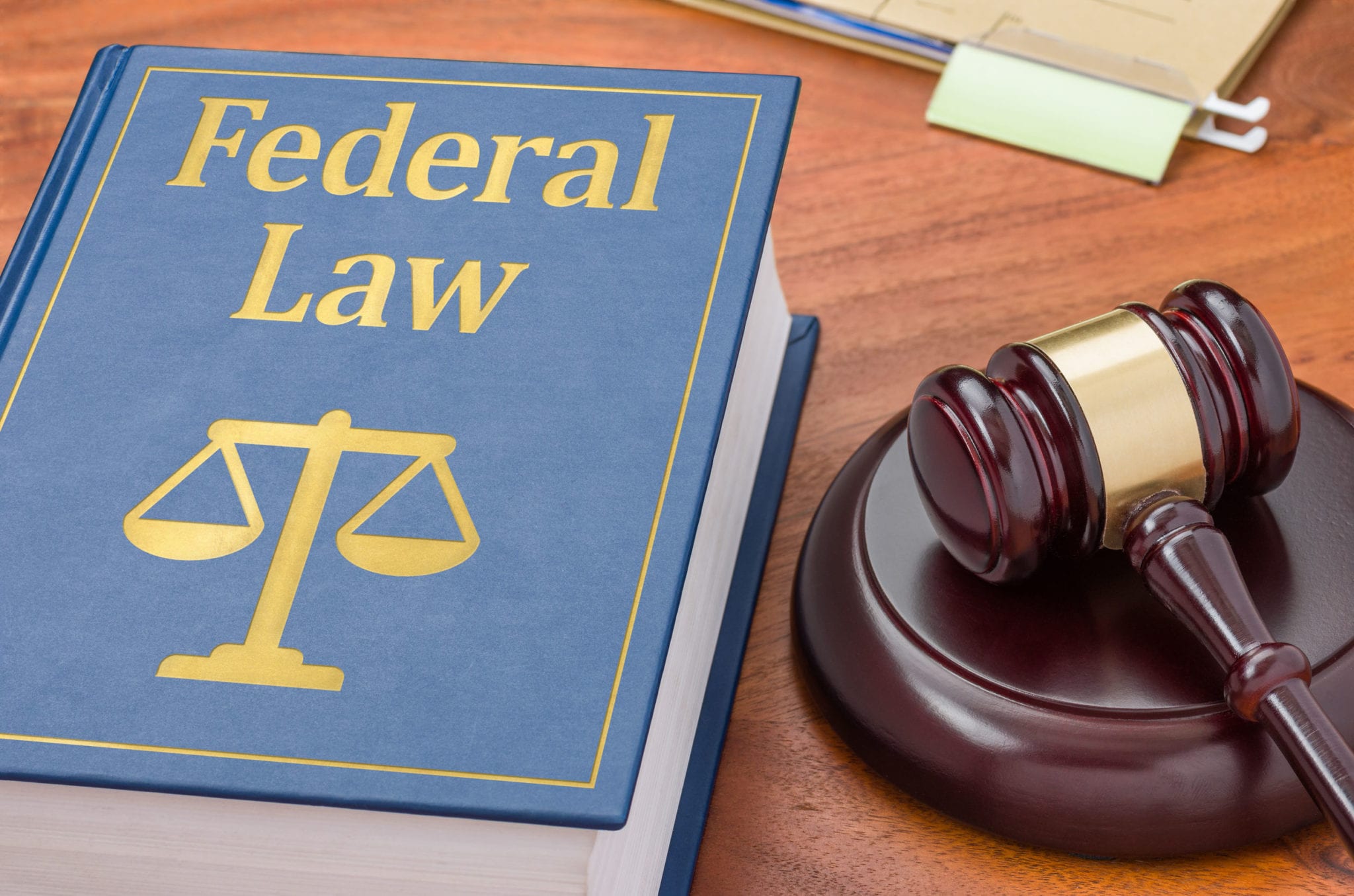Recent media reports that a whistleblower complaint involving President Trump may not only change the political landscape of the 2020 presidential election campaign but pose serious impeachment risks to the president for “high crimes and misdemeanors.”
As The Washington Pos reported, the complaint involves a conversation our president had with Ukranian president Volodymyr Zelensky.
During that July 25 telephone conversation with Zelensky, Trump reportedly sought to have the Ukranian government investigate Hunter Biden – the son of Democratic presidential candidate Joe Biden and a political foe of the president. Specifically, Trump may have used U.S. financial and military support for Ukraine as leverage to get a foreign power to help him out personally.
According to the Constitution, a president may be impeached in instances of “treason, bribery, and other high crimes and misdemeanors.” If Trump did try to pressure a Ukraine official into smearing his political opponent, he may have indeed committed bribery.
Is Trump Guilty of Bribery?
A type of public corruption crime, bribery is defined as the act of offering, giving, soliciting, or receiving anything of value in order to influence the actions of an official who has a public or legal duty. Although no written agreement is necessary, there must be some form of corrupt intent behind the act in order to constitute bribery. Bribery crimes are usually considered a felony and may be tried at the federal level when someone in government is involved – such as court-appointed officials, legislators, and – of course – presidents.
Based on this definition, and considering what we know about the phone call, there is already a strong impeachment case against Trump. During that phone call, Trump told Zelenskiy it “would be great” if Ukraine could investigate claims that Biden – while serving as a vice president in the Obama administration – had attempted to remove a Ukranian prosecutor who investigated an energy company that employed his son.
At least a week before the phone conversation, Trump allegedly told his acting chief of staff to withhold nearly $400 million in military aid from Ukraine.
Trump has since defended his actions on Twitter, insisting his call was “very friendly and totally appropriate” and that he put “no pressure” on Zelensky. However, if it can be shown that Trump abused his power as a government official for his own personal, political benefit, that is an impeachable offense.
Of course, this isn’t the first time Trump has been accused of breaking federal law – it isn’t even the first time this year!
3 Other Times Trump May Have Broken Federal Law in 2019
Though the recent allegations about Trump bribing the Ukranian president are certainly the most serious accusations, these allegations have a lot of companions—three at least.
Altering a Weather Forecast
Earlier this month, critics noted that Trump may have broken federal law by altering a map produced by the National Hurricane Center in order to support his false claim that Alabama could be hit by the hurricane.
Specifically, 18 US Code § 2074 prohibits “knowingly [issuing] or [publishing] any counterfeit weather forecast or warning of weather conditions falsely representing such forecast or warning to have been issued or published by the Weather Bureau, United States Signal Service, or other branch of the Government service.”
Harassment Based on National Origin
Earlier this summer, Trump landed in hot water for his allegedly racist Tweets telling four democratic congresswomen to “go back” to their own countries. Opponents pointed out that the Equal Employment Opportunity Commission (EEOC), a federal agency in charge of anti-discrimination in the workplace legislation, cites the phrase “go back to where you came from” as a textbook example of illegal harassment based on national origin.
Violating Campaign Finance Laws
In May, a television interview with Trump’s advisor, former New York City mayor Rudy Giuliani revealed that the president may have broken federal laws regarding campaign finance or financial disclosures.
During the interview, Giuliani admitted that Trump knew that his personal lawyer Michael Cohen had paid adult film actress Stephanie Clifford – aka Stormy Daniels – on behalf of Trump during his 2016 campaign. Clifford had been claiming she had an affair with Trump, and Cohen paid $130,000 to silence her. Trump reportedly paid Cohen back in installments that were funneled through a law firm.
By accepting Cohen’s loan, Trump may have violated the Federal Election Campaign Act, which requires candidates to disclose campaign contributions – including loans – and limits individual contributions to $2,700.
One great thing about this president – he sure is educating everyone about federal law!






